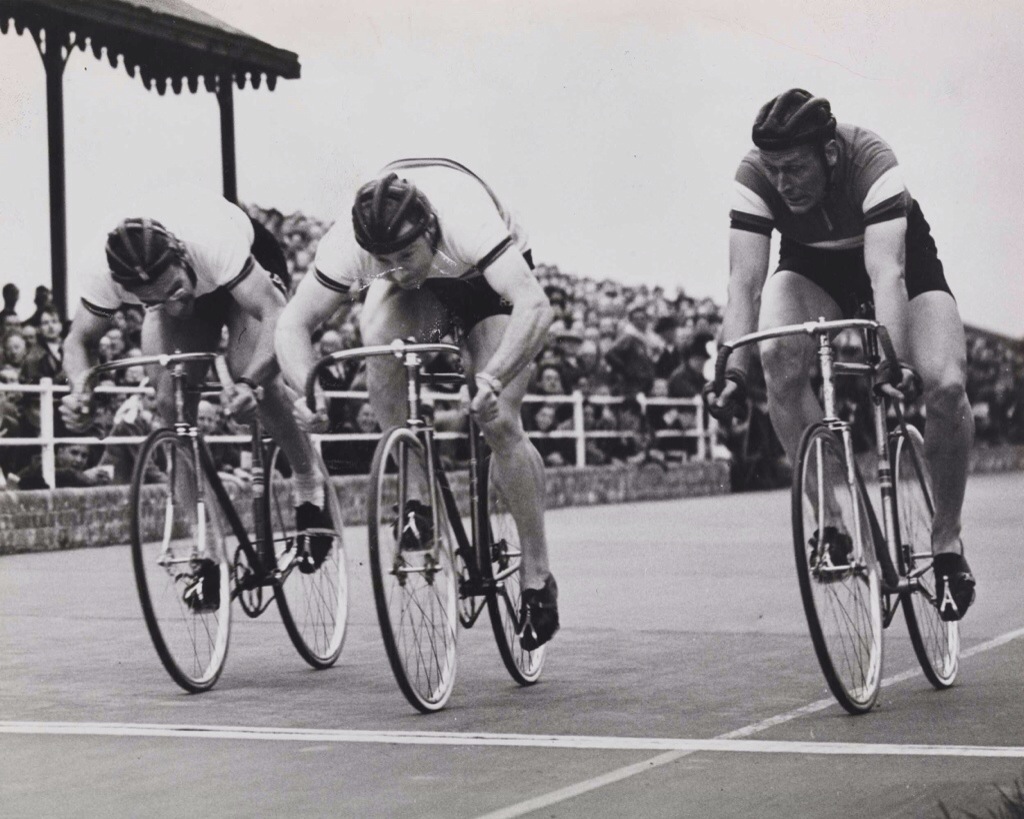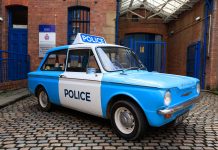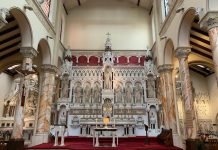It is now 20 years since the opening of the National Cycling Centre in Manchester, the home of British Cycling. Since then Britain has had unprecedented success on the track. But Manchester’s affiliation with cycling has its roots in the very earliest days of the sport.
To mark this 20th anniversary, and pay homage to the city’s longstanding cycling heritage,mthe Museum of Science & Industry is proud to present Pedal Power. This brand new and family friendly exhibition, opening on 19 July, celebrates and explores Manchester’s rich cycling heritage past and present.
Fusing historical and contemporary cycling artefacts which originated in the city, together with an array of bikes and exclusive interviews with stars of British Cycling, this multi-media display brings to life the history, the people and the inspiring stories behind the nation’s much loved pastime and sport which has helped put Manchester on the global map.
From an original bone-shaker bicycle, one of the earliest known British-made bikes, manufactured in Salford in 1868 and a Penny Farthing, also made in Manchester around 1885, to a Tandem, made in 1928 by Mancunian Olympic Silver Medallist Jack Sibbit, Pedal Power features hidden gems of the Museum’s collection to create a visually arresting display of bikes through the ages.
Through this eclectic presentation – which also features contemporary bikes as ridden in the past 20 years at the Manchester Velodrome, visitors can fully appreciate and understand how much this city has contributed to scientific and technological advancements.
Original cycling medals and badges from the 1934 British Empire Games are also displayed alongside paraphernalia once owned and won by Britain’s first cycling mega-star – the Bury born and bred Reg Harris.
As an amateur he won two Olympic silver medals – whilst recovering from two broken vertebrae. He went on to win the world professional sprint title four times as well as Sports Personality of the Year twice. The capturing and telling of this and other great stories, will further illustrate Manchester’s legacy to this much loved sport.
How Manchester came to be the home of British Cycling and the National Cycling Centre will be explored and visually represented through a recreation of the now legendary “Gold Medal Factory” aka the Manchester Velodrome, Britain’s very first indoor Olympic-standard track. Visitors young and old alike can also enjoy the exhibition’s interactive element, peddling a stationary bike to “pit their speed” against the best in the sport on Pedal Power’s very own simulated race-track.
Housed in the small and atmospheric Highlights Gallery within the Museum’s Station Building, this intimate space is the ideal setting to fully showcase and immerse visitors into the world of cycling.
Focusing also on the track, the technology and the teamwork that has contributed and evolved over the years, Pedal Power will really highlight the history of both the product and the sport to show how much Manchester’s past has shaped and inspired British Cycling’s current national and international success.
Curator of Industrial Heritage at the Museum of Science & Industry, Meg McHugh explains:
”The Museum has a significant collection of bicycles – so this exhibition provides an ideal opportunity to really shown them off. And with the Tour de France kicking off in Yorkshire a couple of weeks before Pedal Power opens and just a few daysahead of the Commonwealth Games in Glasgow – it is such a great time to really instil in a new and future generation of cyclists and riders that Manchester in particular has contributed so much over the years to Britain’s love and success in this fantastic sport.”







